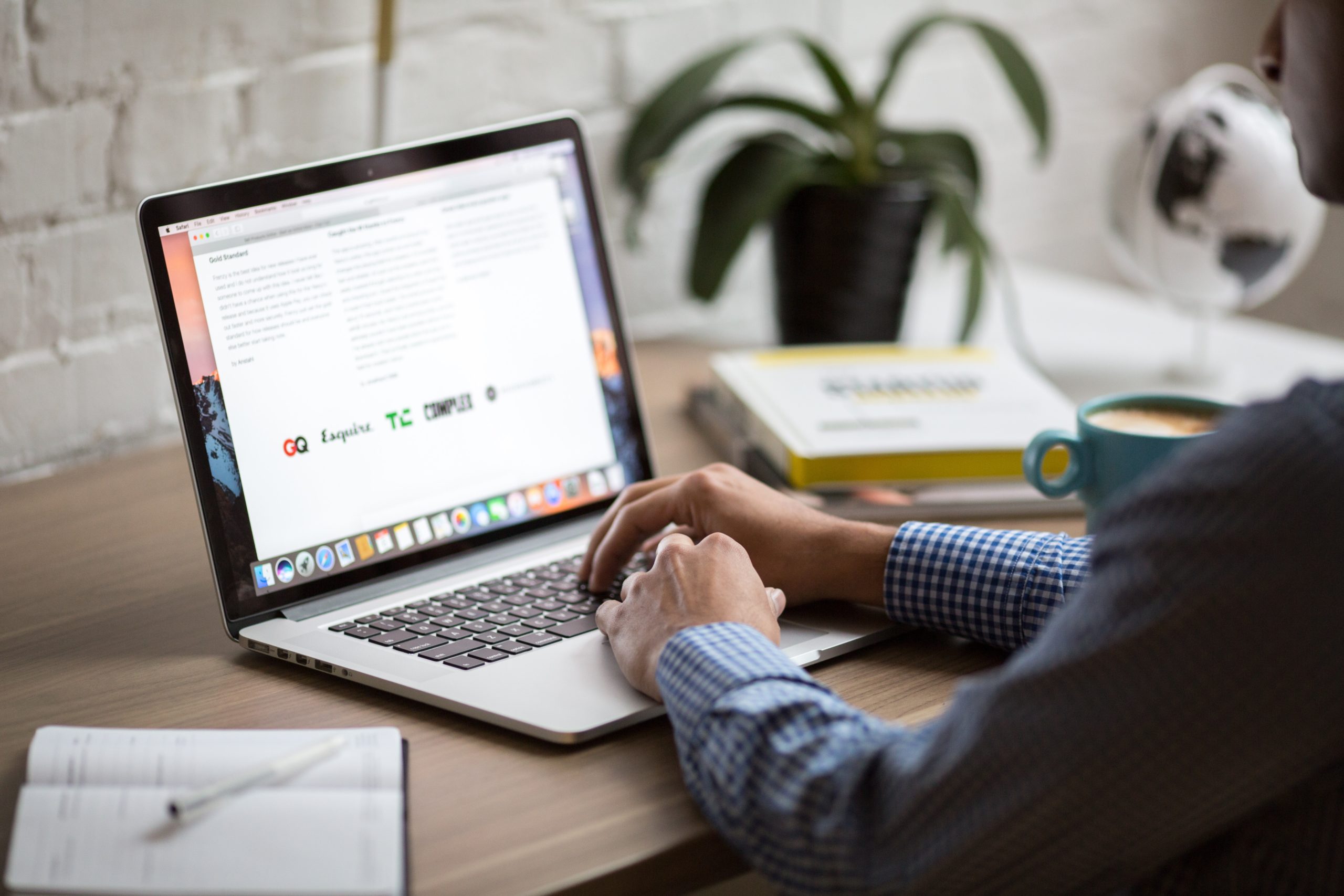With the number of people working from home in the future expected to double, the likelihood that we will be spending more time than usual looking at screens is bad news for our eyes. Increased laptop use, constantly checking our mobiles and unwinding in front of the TV in the evening adds up to a lot of screen time in a 24-hour period. But our eyes are not meant to work in this way.
Giles Edmonds, Specsavers clinical services director, says: ‘Our eyes are not designed to be fixed on a single object for a long period of time. When we focus on our screens, especially smaller format laptops, tablets or smart devices, eyes become stressed and strained. Eye strain has seen a spike during Covid-19 restrictions as our lifestyles have changed. But the good news is that you can prevent eye strain and irritation with some simple tips.’
What are the symptoms of eye strain?
Mr Edmonds says: ‘Symptoms to look out for include general eye discomfort, headaches, sore, tired, burning or itchy eyes, difficulty focusing, watery eyes, dry eyes, blurred or double vision and increased sensitivity to light.’
Who does it affect?
Dry eyes and eye strain can also affect children, as well as adults who spend a lot of time looking at screens, as we often do so without blinking. This can cause disruption to the eye’s tear production. However, dry eye can also be caused by environmental, health and hormonal factors too, such as air-conditioning, allergies like hay fever or the menopause.
What can you do?
There are a number of measures you can take to prevent eye discomfort. Mr Edmonds advises people to:
Rest your eyes – Follow the 20:20:20 rule: look up from your screen every 20 minutes and look at something 20 feet away for at least 20 seconds. Looking into the distance helps relax the focusing muscles of your eyes, which in turn reduces eye fatigue.
This rule is also important for parents who have children spending a lot of time on screens, whether playing games or home schooling online. Monitor how much screen time they have each day and make sure that they have regular breaks.
Reduce glare – Reflections on your computer screen can cause glare and lead to eye strain. Try reducing this by attaching an anti-glare screen to your monitor or windows to avoid external light shining onto the screen.
Stay hydrated – It’s also good general health advice to keep your water bottle topped up, particularly when you are stuck indoors, the weather is particularly hot, or if you have air-conditioning, as good hydration can help avoid dry eye.
Taking breaks from screen time can also improve your mood. Theories show that taking a break from being in front of a screen and going on a short walk allows eyes to have time for a rest and for our mind to regroup. Giles Edmonds concludes: ‘Eyes will thank you for getting them outside for a nice winter walk, and away from the screen!’
Specsavers recommends everyone has a sight test once every two years. For more information or to request an appointment at your local store in Cardinal Place, visit www.specsavers.co.uk.






